Vegan milk, like many vegan products, is growing in popularity and availability. A vegan diet can be a health-conscious decision, a choice to better the environment, or a combination of factors. However, while many people are willing to give up all animal products, few are willing to give up their coffee and the milk that goes in it.
Which vegan milk is best for coffee? Vegan milk is made from a variety of plants, so not all of them work well for coffee. Though much depends on individual taste, most vegan coffee drinkers agree that soy milk is best for coffee–but it must be prepared properly.
A large portion of the population depends on coffee to start their day, boost their energy, and enhance their social life. Making a vegan lifestyle choice shouldn’t prevent anyone from enjoying all that coffee can bring, including adding milk for taste. As the number of vegans grows, so do the options for vegan products—including milk. This can create an overwhelming number of choices, so it’s best to have an idea of the ideal vegan milk for coffee.
Disclaimer: Hi! this post may contain affiliate links which will take you to online retailers that sell products and services. If you click on one and buy something, I may earn a commission, see my Affiliate Disclosure for more details.
Best Vegan Milk for Coffee
Vegan milk is completely dairy-free, meaning it doesn’t originate from any animal and doesn’t contain any animal product. Instead, vegan milk is made from a variety of beans, nuts, seeds, and grains. Common sources for vegan milk are:
- Almonds
- Cashews
- Soy
- Flax
- Oats
- Rice
- Coconuts
- Peas
Black coffee is naturally vegan because it is made from coffee beans. However, not everyone enjoys their coffee black. Many coffee drinkers prefer to add something creamy, such as milk, to enhance the taste. However, not all vegan milk integrates well—, especially with hot coffee.
The reason for this is because vegan milks are made up of different proteins than dairy milks, and they are very sensitive to temperature change and acidity. Many vegan milks will curdle or separate in hot coffee, which can make for an unpleasant cup.
Most vegan coffee drinkers agree that soy milk is best as a milk additive, but due to its plant-based protein, soy milk and coffee need to be carefully prepared and mixed. Personally, I prefer using Oatly when it comes to barista style coffee (which is an oat-based milk).
Types of Vegan Milk

Plant-based milk used to be difficult to find just a few years ago. Since the rise of vegan consumers, however, many grocery stores have entire sections dedicated to vegan milk. Following suit, nearly every venue serving coffee recognizes the demand for alternatives to dairy milk for their non-lactose and vegan customers.
The most common types of vegan milk available for consumers are:
- Almond milk
- Soy milk
- Cashew milk
- Coconut milk
- Rice Milk
Unfortunately, not all plant-based milks are interchangeable when it comes to cooking, baking, or even having a cold glass with cookies. Unlike dairy milk which is primarily comprised of lactose and whey, each type of vegan milk is comprised of different elements. These elements don’t react the same way as their dairy counterpart to heat, cold, or other chemical changes that take place in cooking and baking.
It’s important to know which vegan milk works for each recipe, including mixing in coffee.
Soy Milk
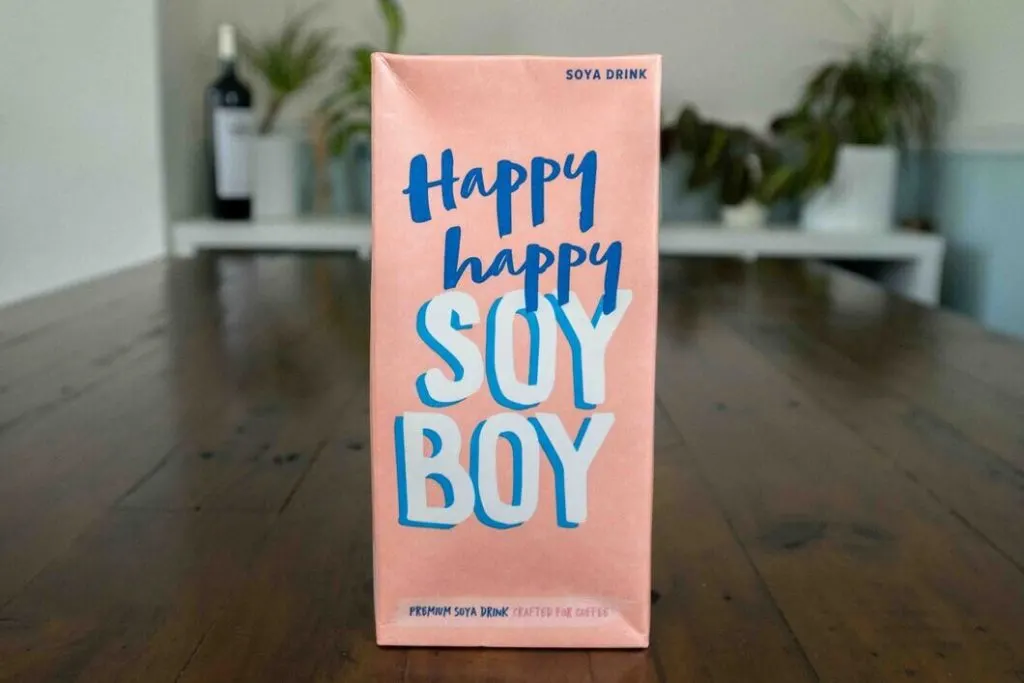
Soy milk is considered the non-dairy milk closest to cow’s milk. This is because of its high level of protein. Most soy milk drinkers describe it as strong, rich, and creamy. In this sense, many vegans use soy milk much as non-vegans would use dairy milk—for drinking, pouring over cereal, cooking, and baking.
Soy milk is considered nearly interchangeable with cow’s milk. This is one of the reasons why many vegan coffee drinkers believe soy milk to be the best non-dairy additive. Due to its protein content, soy milk is less likely than its other plant-based counterparts to curdle when heated. Additionally, most soy milk drinkers find that it has a creamy texture which is less present in other vegan milks such as those made from rice and coconuts.
Most coffee drinkers add milk to lessen the bitterness that comes with black coffee. The protein in dairy milk binds nicely to the chemical make-up of coffee. Since soy milk is the closest vegan choice to cow’s milk, it’s reasonable to accept that it’s the best choice for vegan coffee drinkers.
Why Coffee?
Non-coffee drinkers often wonder about the fuss and allure of this roasted bean drink. Here are the top reasons that people give for being coffee drinkers:
- Caffeine—the caffeine content in coffee increases blood flow, and therefore, energy. It can even become addictive, as caffeine withdrawal can result in physical symptoms such as headaches. Not all coffee is caffeinated, but the majority of coffee consumers prefer the caffeine.
- Social Drink—coffee is considered the top social drink, even against alcohol. Coffee seems to go with any occasion. It’s rare to make a new friend with the absence of a “grab a cup of coffee” invitation. With the proliferation of places like Starbucks, it’s easy to sit and socialize over coffee.
- The Taste—many coffee drinkers simply enjoy the taste. Black coffee is fine for some but adding ingredients such as milk (dairy or vegan) and sugar enhances the flavor. There seems to be no limit in ways to flavor coffee.
Hot Coffee
The primary way that coffee consumers prefer their drink is hot. According to NCBI (National Center for Biotechnology Information), most coffee is served at temperatures between 160 and 180 degrees Fahrenheit. Such high temperatures affect anything that is added to the liquid. For example, sugar dissolves readily in hot coffee because of the temperature.
When it comes to adding mild products to hot coffee, there is potential for curdling or separating. This causes the milk to taste more acidic—the opposite effect desired by coffee drinkers.
Vegan milks are more likely to curdle or separate in warmer temperatures and acidic liquids. Hot coffee combines both of these situations, which is why it’s difficult to incorporate less hearty non-dairy milks such as almond, coconut, and rice milk.
Adding Soy Milk
Soy milk is the best option for vegans to add to their coffee. However, even soy milk can curdle and separate when not added properly to hot coffee. Here are some tips for adding soy milk to make a great cup of coffee:
- Wait a few minutes after pouring hot coffee to add soy milk
- Pour the soy milk first and then slowly add the coffee
- Try a coffee brand with lower acidity
- Look for “barista brand” soy milk, used in coffee shops
Vegans don’t have to take their coffee black; with a little know-how, they can enjoy non-dairy milk with hot coffee both at home and as coffee customers.
Iced Coffee and Vegan Milk
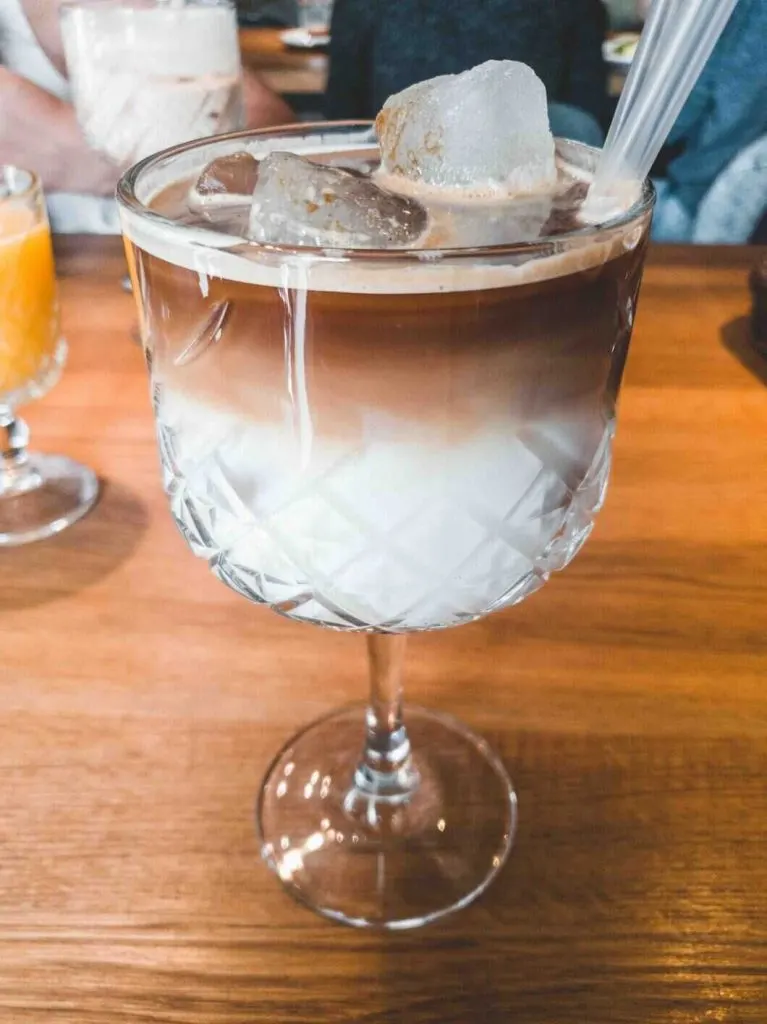
Not all coffee drinkers enjoy the standard hot cup. Many coffee consumers are drawn to iced coffee, made from brewed coffee poured over ice or ice-cold milk.
In the case of iced coffee with milk, most people still agree that soy milk is the best vegan choice. Many iced coffee drinkers enjoy a vanilla taste with their beverage, and soy milk is often sold as vanilla-flavored. Vanilla works especially well with the creaminess of soy milk.
Specialty Coffee Drinks and Vegan Milk
Not long ago, vegans were rather left out when it came to specialty coffee drinks like cappuccino, latte, and macchiato. Most of these specialty coffee beverages are dairy milk based and contain foamed milk as well.
Once vegan choices were introduced for specialty drinks in coffee shops like Starbucks, the upcharge was significant. Thankfully prices have somewhat balanced for vegan customers.
Soy milk continues to be the best non-dairy option when it comes to specialty coffee drinks. Baristas use soy milk more than any other vegan variety for cappuccinos, frappuccinos, lattes, and macchiatos. Other non-dairy options can be requested by vegan customers, but soy is often the default.
Creamers
It’s important to note that there are specific coffee creamers on the market that are vegan. These creamers are popular among many coffee drinkers—not just vegans—and they come in a variety of flavors.
Most vegan coffee creamers are made from almonds, coconuts, and soy. They are sold in dairy sections and come formulated to be added to hot coffee right out of the container. Additionally, these creamers come in a wide variety of flavors.
Yet these non-dairy creamers are not always available for vegan coffee drinkers. They are often more expensive than vegan milks as well. For vegan coffee lovers, it’s good to know which vegan milk is best just in case non-dairy creamers aren’t an option or the price is too high.
Matter of Lifestyle
People who choose a vegan lifestyle are generally very strict in their eating habits, consumerism, and behavior choices. It can seem as if they are always swimming upstream when it comes to food in particular. This can cause non-vegans to assume that vegans are on the fringe in dietary extremism and animal activism.
Here is a widely accepted definition of what it means to practice veganism:
“A philosophy and way of living which seeks to exclude—as far as is possible and practicable—all forms of exploitation of, and cruelty to, animals for food, clothing or any other purpose; and by extension, promotes the development and use of animal-free alternatives for the benefit of animals, humans and the environment. In dietary terms, it denotes the practice of dispensing with all products derived wholly or partly from animals.”
Source: The Vegan Society
However, most vegans are pretty ordinary individuals. They have family, jobs, shop like the rest of us, and enjoy their coffee. The difference is that vegans don’t eat or use anything that is produced with or derived from animal products. Thankfully, vegan options are becoming more mainstream, which helps “normalize” this lifestyle choice for the rest.
Matter of Taste
Even among vegans, there is disagreement as to the best non-dairy milk to use in coffee. There are as many people who would recommend anything but soy milk as there are who would agree that it’s the best choice.
When it comes to a replacement for non-dairy milk, and vegan coffee creamers are not available, soy milk is the closest and most reliable substitute. Its make-up is more similar to cow’s milk than any other plant-based milk, and when prepared properly soy milk can make a good cup of coffee even better. The key to adding any non-dairy milk to coffee is to understand the properties of vegan milk and how it can be effectively added. Overall, it’s a matter of taste when it comes to how people like their coffee, vegan or not.
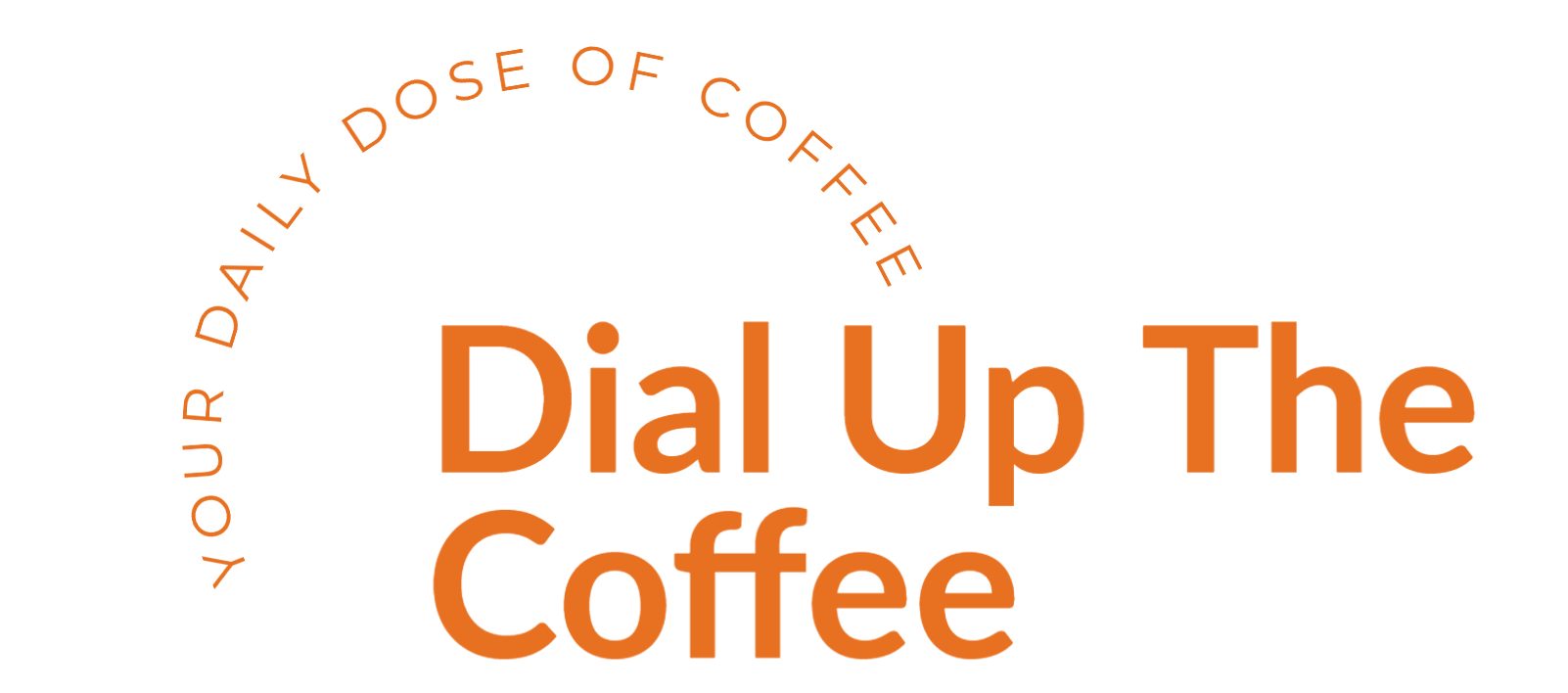
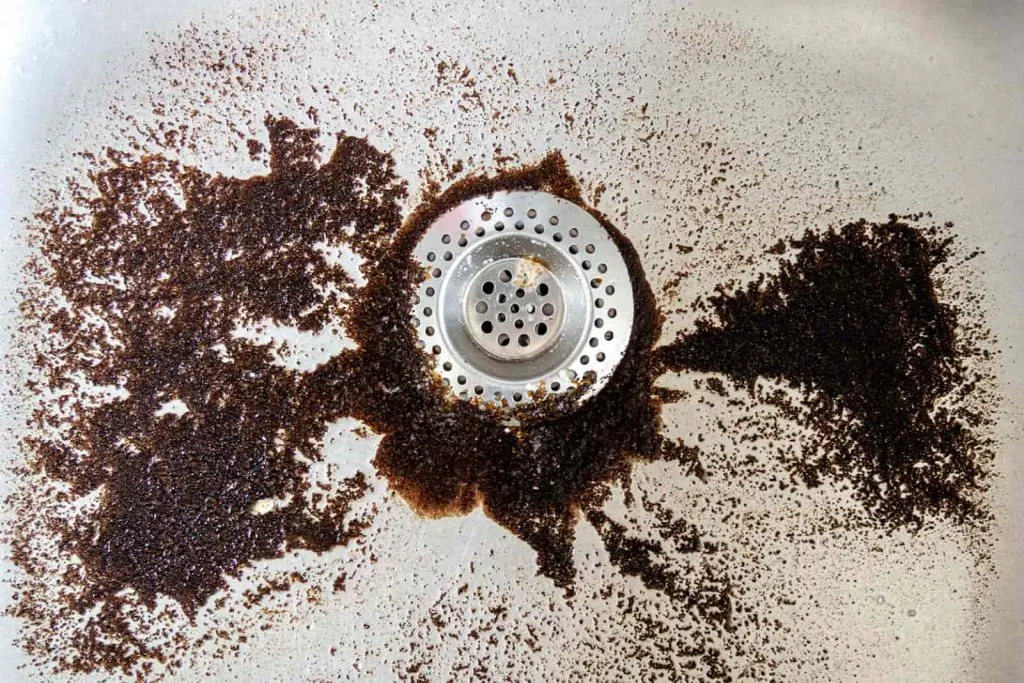
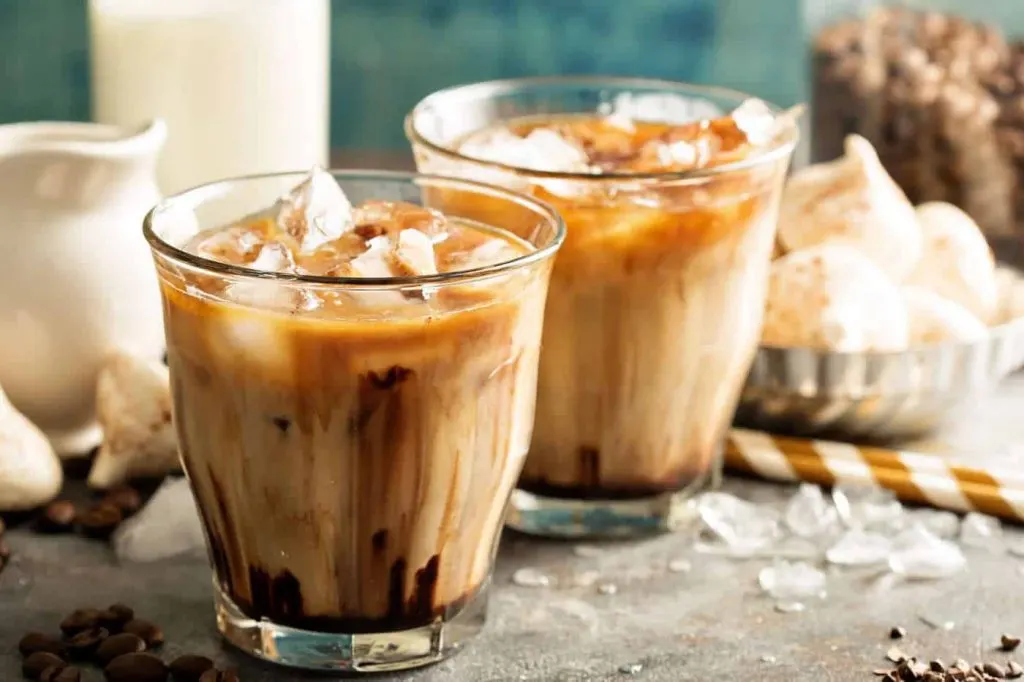
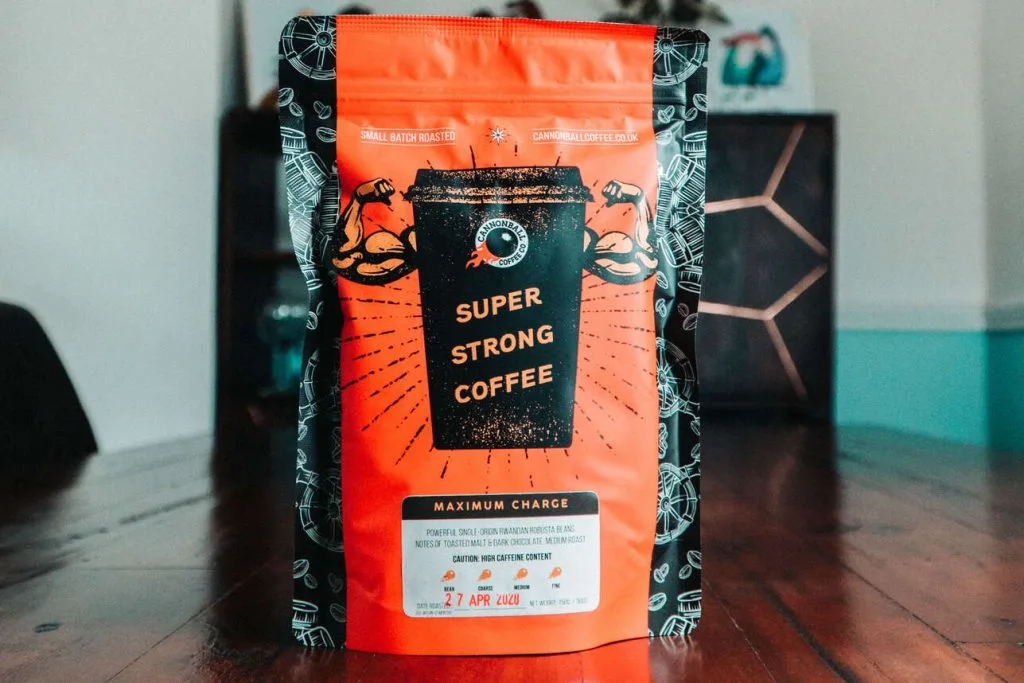
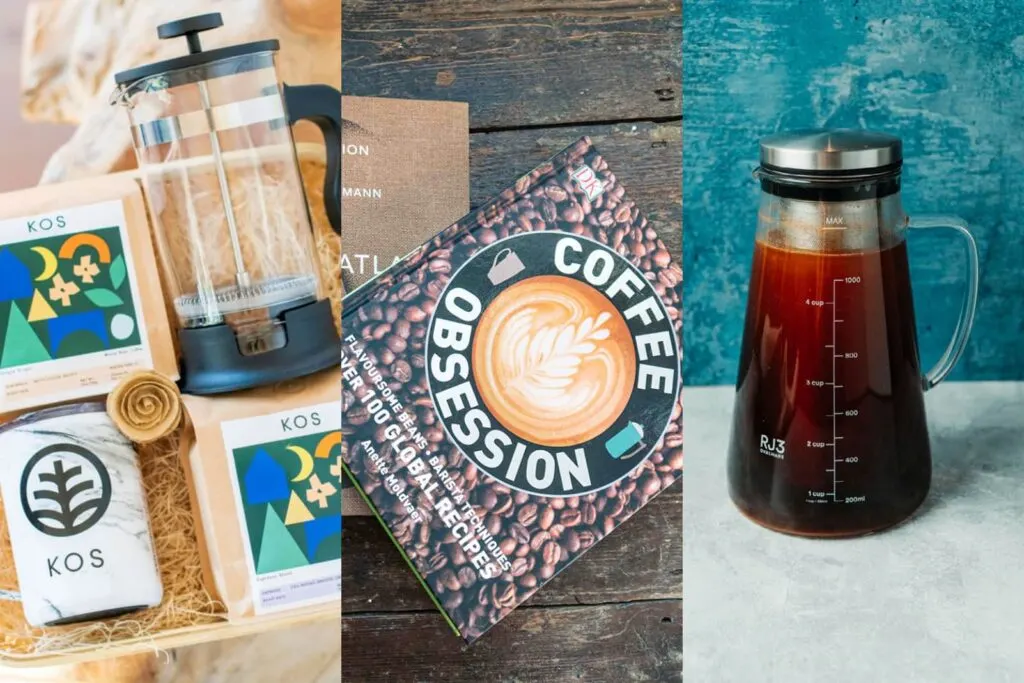
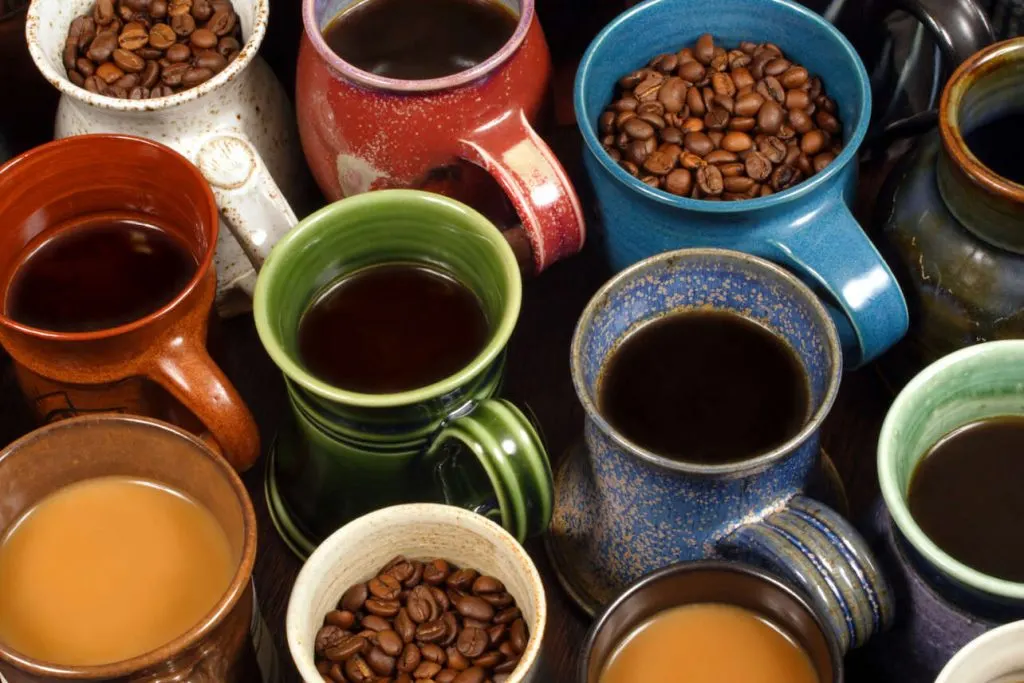
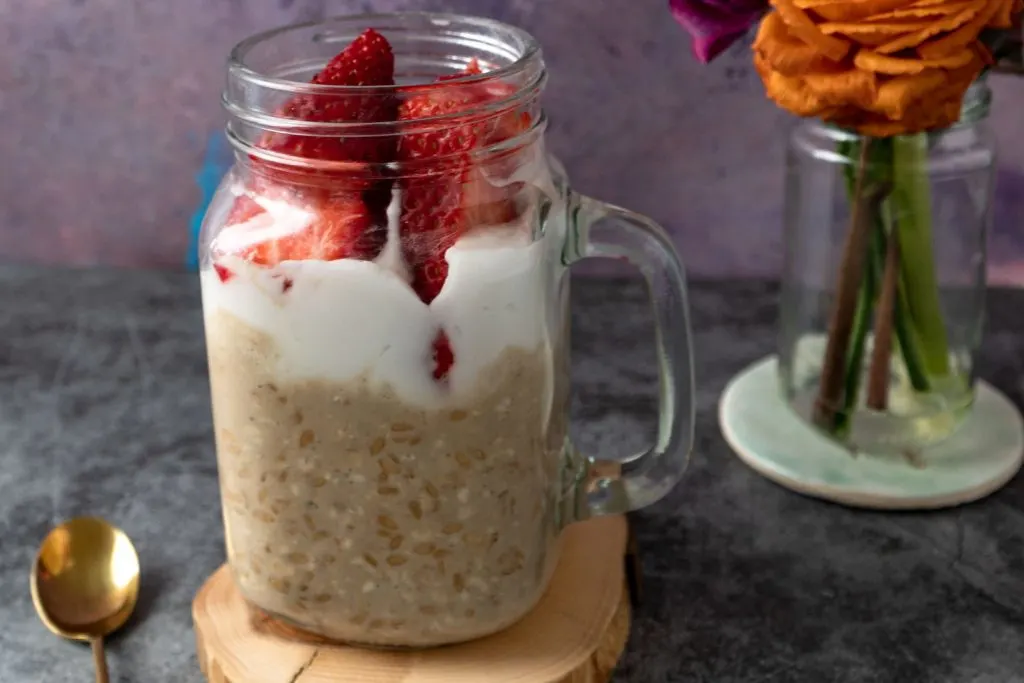
Tina
Wednesday 24th of July 2019
I was using the almond milk. Something about the almond milk makes the coffee taste stronger to me and I don't really like strong coffee. I have switched to soy milk and it is much better. Thank you for the tip!